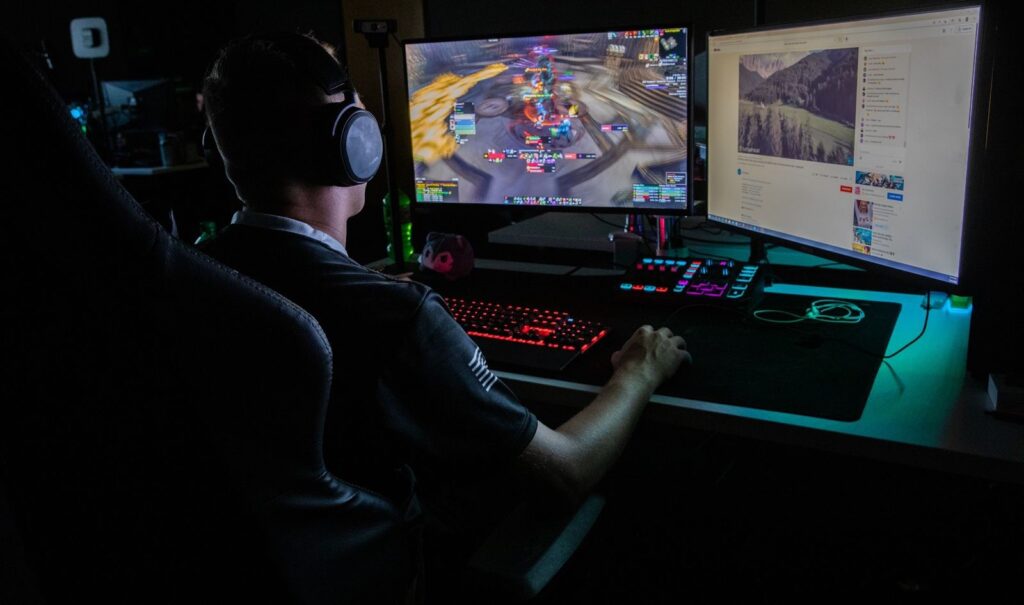
Are you tired of getting stuck on the same level or losing to more experienced players? Whether you’re a casual gamer or a seasoned pro, there’s always room to sharpen your skills and level up your gaming experience. In this post, we’ll dive into 5 essential tips that will help you conquer any game, no matter the genre.
1. Master the Basics First
It may seem obvious, but mastering the basics is crucial. Before you start aiming for high-level strategies, make sure you know the game’s core mechanics inside out. Understanding movement, controls, and in-game systems is the foundation for success. Spend time learning and experimenting in practice modes or beginner levels to get a feel for the gameplay.
Pro Tip: Customize your controls! Small adjustments can make your gameplay smoother and more comfortable.
2. Stay Updated on Patch Notes & Meta
Games are constantly evolving with updates, balance changes, and new content. Keeping up with patch notes is vital to staying competitive. The “meta” (most effective tactics available) changes frequently, and knowing what’s strong at any given time can give you a massive advantage.
Pro Tip: Join online communities like Reddit, Discord, or Twitter to get the latest news and share strategies with other players.
3. Don’t Neglect the Mental Game
Gaming is as much a mental challenge as it is a test of your reflexes and strategy. Staying calm and composed under pressure is key to improving. If you find yourself tilting or getting frustrated, take a break. A clear mind leads to better decisions and improved performance.
Pro Tip: Meditation and breathing exercises can help you stay focused during intense gaming sessions.
4. Analyze Your Gameplay
Sometimes the best way to improve is to critique your own gameplay. Watch replays or record yourself playing to see where you can improve. Are you positioning yourself poorly? Missing key opportunities? Identifying your mistakes is the first step toward fixing them.
Pro Tip: Use tools like OBS Studio or Nvidia Shadowplay to easily record and review your gameplay.
5. Build the Right Team
In multiplayer games, a solid team can make all the difference. If you’re constantly solo-queuing, consider finding a group to play with regularly. Communication and teamwork are critical to success in team-based games. A well-coordinated team will almost always outperform a group of random players.
Pro Tip: Use voice chat and stay positive! A good attitude can often rally your team even when the game gets tough.
Final Thoughts
At the end of the day, gaming should be fun. Don’t forget to enjoy the process of learning and improving. Whether you’re going pro or just trying to beat a tough boss, remember to take breaks, stay hydrated, and keep challenging yourself. With these tips, you’ll be well on your way to mastering any game that comes your way.
